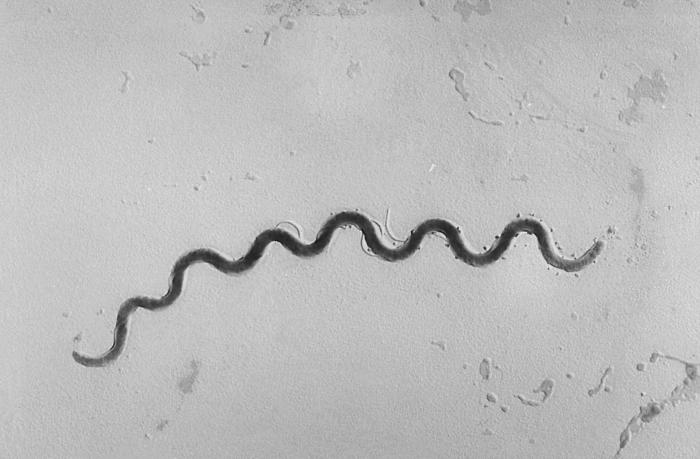Officials with Eastern Health are advising the public of an increase in the rate of infectious syphilis cases in the eastern region of Newfoundland and Labrador.

While rates of syphilis infection declined in 2016, a recent trend indicates a steep increase in infectious syphilis rates. A total of 42 infectious syphilis cases were confirmed by Eastern Health between January 1, 2017 and February 9, 2018. Seven of these cases were reported so far in 2018.
These cases are being seen in both males and females, aged 15-63 years. 24 per cent of cases were co-infected with human immunodeficiency virus (HIV). 13 cases were diagnosed with neurosyphilis, experiencing complications such as vision and hearing loss.
Syphilis is a bacterial sexually transmitted infection (STI) contracted through unprotected anal, vaginal or oral sex. It can cause serious and permanent damage to the body if untreated. Symptoms may first appear 10 to 90 days after an individual becomes infected, with the average period of time being 21 days. While some people may not experience any symptoms, syphilis can produce different symptoms at each stage of infection, including: an open sore at the point of infection (genital area, anus, mouth or lips), flu-like illness, muscle aches and pains, fatigue, and/or a rash on the chest, back, palms of hands and bottoms of feet.
Eastern Health is reminding residents of the importance of safer sex practices, including the regular use of condoms and oral dams and routine testing for sexually transmitted infections.
Related:



One thought on “Increase in syphilis cases reported in Newfoundland and Labrador”